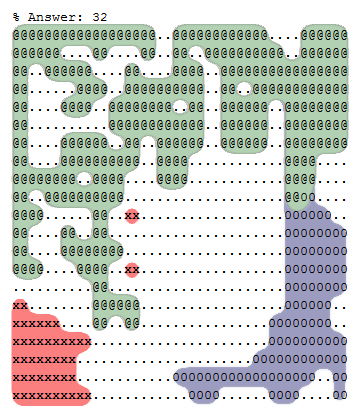Yum at Indiecade 2011

Well this year’s Indiecade, the coolest international festival of independent games, has drawn to a close. The fest attracts small independent game makers and a handful of artists to play, discuss, eat, watch, and play some more. It is a hands-on, grassroots group who comes. Some of my favorite games included the whimsical Hohokum, a line drawing vector based game; Ordnungswissenschaft, a game that integrates stacking blocks in the real world into that of the virtual. Interesting little games also included The Witch; Way, a game that features two player capacity but each as a different point of view, and Halycon, a musical toy and matching game.



 The
The 


